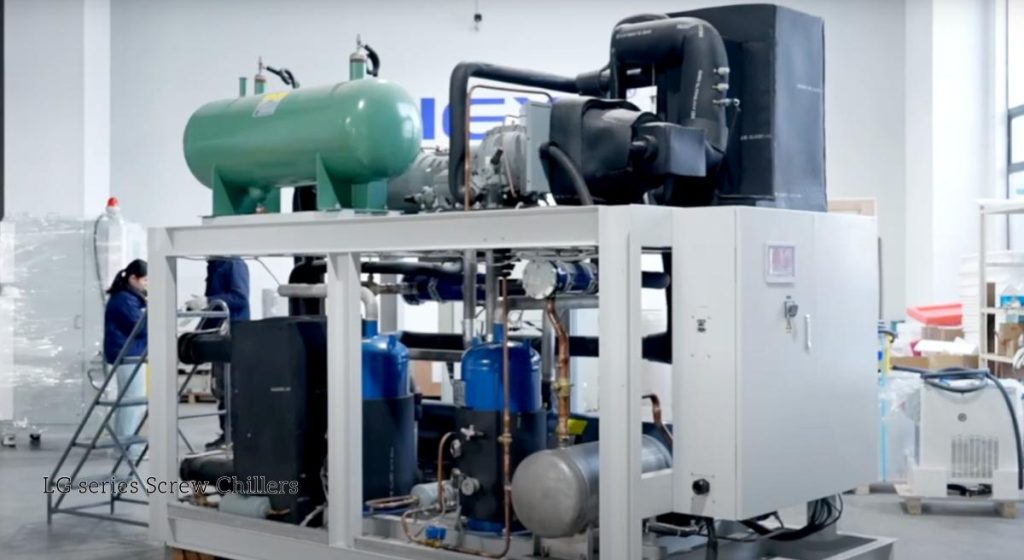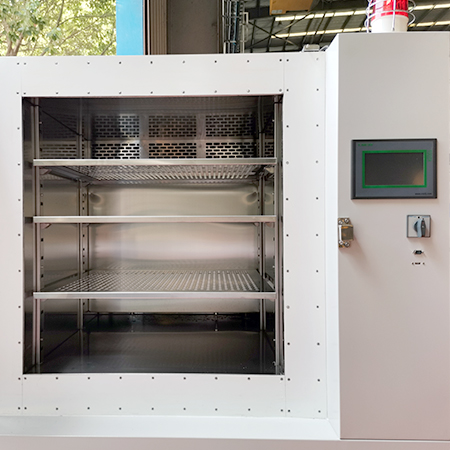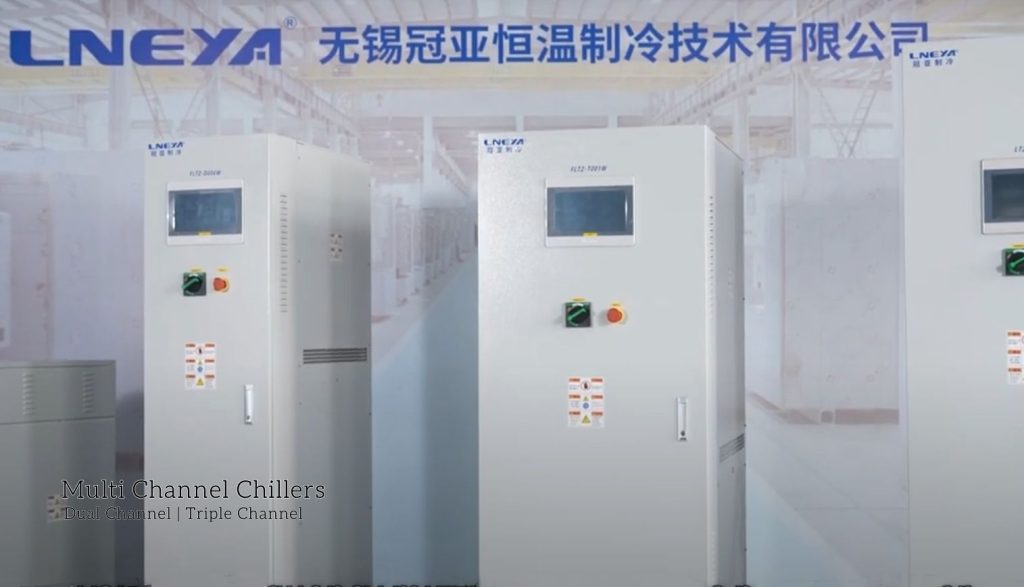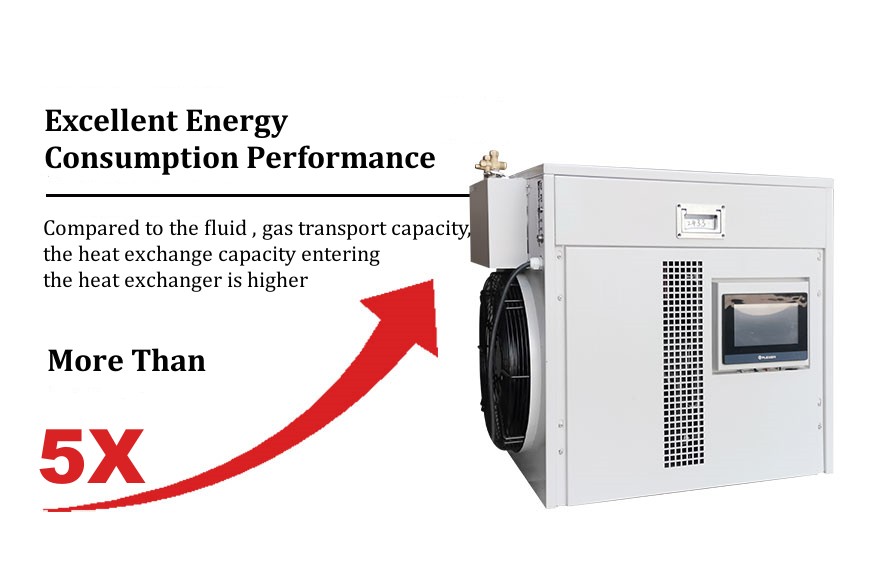Why Use Glycol Chillers in Laboratory Reactor Systems

- What Is a Burn In Chamber
- Why Chip Testing Needs Semiconductor Chillers
- Semiconductor Chillers in Chip Testing
- Semiconductor Chillers in Wafer Dicing
- 2025年8月
- 2025年7月
- 2025年6月
- 2025年5月
- 2025年3月
- 2025年2月
- 2025年1月
- 2024年12月
- 2024年11月
- 2024年10月
- 2024年9月
- 2024年8月
- 2024年7月
- 2024年6月
- 2024年5月
- 2024年4月
- 2024年3月
- 2024年2月
- 2023年9月
- 2023年7月
- 2023年6月
- 2023年5月
- 2023年1月
空冷チラー チラー チラーズ コールド・アセンブリー・フリーザー 冷却チラー 冷却暖房サーキュレーター 冷暖房システム cooling water chiller Double-Layer Glass Reactor 動的温度制御システム フッ素系液体温度制御 冷凍庫 ガス冷却チラー 暖房用サーキュレーター industrial chiller industrial cooling industrial freezer 産業用冷蔵庫 jacket reactor 液冷チラー 低温チラー news pharmaceutical chiller process chiller reactor chiller reactor cooling reactor cooling heating 原子炉加熱冷却 reactor system 冷凍サーキュレーター 冷凍チラー スクリューチラー 半導体チラー 半導体テストチラー スンディ TCU 温度調節 試験室 サーモスタット 超低温チラー 車両試験用冷凍機 ウォーターチラー 水冷チラー wtd
In labs, especially chemical, biochemical, or pharmaceutical ones, the reactor is an essential tank. It handles heating, cooling, stirring, and blending. Experiment reproducibility depends on reactor temperature. It directly affects result reliability. For effective temperature control with accuracy, an increasing number of laboratories are opting for the グリコールチラー as a temperature control for the reactor.
Why use glycol as a coolant?
Pure water costs less than glycol, but why do most chillers employ glycol as the cooling agent? The prime reasons for this are:
Higher freezing point
The chiller will operate at 0°C, so the coolant within the pipes will freeze. Mixing glycol with water lowers the solution’s freezing point. At the right ratio, it won’t freeze even at -40°C. Therefore, glycol chillers can be operated as low as -20°C or even up to -40°C, so they’re ideal for those reactors where low temperature is required for the reaction.
Less Corrosion
Pure water acts as an electrolyte and causes electrochemical corrosion. High oxygen speeds up metal oxidation. Yet, glycol is introduced with corrosion inhibitors to create a protective coating on the surfaces of metals, preventing oxidation as well as electrochemical processes. The chiller parts made of stainless steel, copper, and aluminum are thus protected and their service life increased.
Good Stability
It will evaporate readily within high temperature conditions, particularly within open-loop applications, so it will need to be refilled often. glycol has a lower boiling point and vapor pressure. It resists deposits and acidification at high temperatures. This keeps heat transfer efficient after long use.

Advantages of glycol Chillers
Broader Temperature Range
Lab reactors handle many reaction types. Temperatures range from -40°C to +200°C. Pure water freezes at 0°C and is not capable of withstanding cold temperatures. Although thermal oil is heat-resistant, it is costly and may not be practical for small-scale laboratories. Glycol-water solution eliminates the disadvantages of the above two technologies.
It boils off gradually for high temperature handling and is slow to freeze for low temperature handling. Even when the equipment is turned off for several months, pipes will not freeze or fracture. Hence, university laboratories often employ glycol chillers for reaction temperature manipulation for low-temperature condensation as well as temperature-controlled reaction polymerization.
Reduces Temperature Fluctuations
If you’ve used an open-loop water cooling system, you likely understand the frustrations of temperature fluctuations. Glycol chillers use closed-loop systems with PID control. This allows precise heating and cooling and fast response. Temperature stays within ±1°C.
High Compatibility
Reactors come in a range of materials, some of these being stainless steel, double-glazed, glass-lined, and PTFE-coated. Coolants must be in contact with the reactor, and most reactors are costly special designs. Corrosive coolants can destroy the reactor. By adding corrosion inhibitors, glycol-water solutions within the range 30 to 50 percent show low corrosion to metals such as stainless steel and glass, making them easier to operate safely.
High Integration
Glycol chillers have an integrated design. Cooling, heating, control, and circulation are all in one unit. The advantage of not requiring a different heating system gives them a small footprint, making them perfect for small labs.
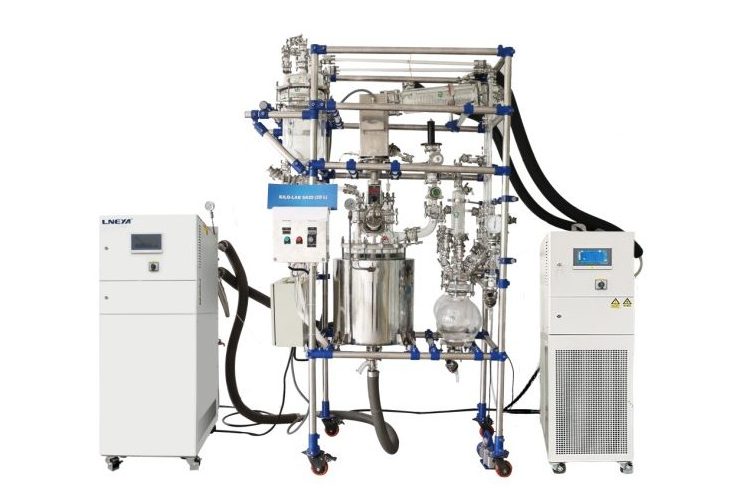
Affordable Prices
Oil chillers and water-cooled systems with cooling towers are expensive, making them unnecessary for small labs. Air-cooled glycol chillers offer a reasonable purchase price and simple maintenance, making them a cost-effective and efficient solution for reactor temperature control in small labs.
結論
Are you looking for a temperature controlling system for your lab reactor? Glycol chillers have been selected by numerous labs for stable operation and high cost efficiency. LNEYA has standard models for different applications as well as customized chiller services. We apply our knowledge to assist you to overcome the most troublesome issues among different reaction processes.
Contact us now for technical support and a quote.
関連冷凍機
お問い合わせ
TEL
EMAIL:
WeChat & WhatsApp:ウィーチャット

ウィーチャットQR

ご質問やお見積りをご希望の場合は、以下のフォームにご記入ください。24時間以内に担当者よりご連絡させていただきます。
 LNEYA工業用冷凍機 メーカー サプライヤー
LNEYA工業用冷凍機 メーカー サプライヤー









